KDE / KDE GSOC: Wrapping it up…
Well, we all know that the work on open source projects is never truly finished, but all of the core goals have been achieved and the time is up :). In this post I’ll briefly summarize my GSOC work and then talk about one last small but user-facing feature that I’ve implemented.
I’ve successfully implemented a new DSO backend and smoothed out most of the bugs. The python framework does work satisfactory and all existing catalogs have been ported. There remains the UGC catalog which will be imported in the future, either by me or by another member of the project. The latter option would be a good way to battle-test the documentation and I would prefer this option because I do not want to remain the only person familiar with the system.
To quantify my contributions during the GSOC period see the snippet below, although I do not think such numbers have much to say1.
Valentin Boettcher <hiro@protagon.space>:
insertions: 15193 (19%)
deletions: 23402 (35%)
files: 312 (21%)
commits: 76 (23%)
lines changed: 38595 (26%)
Furthermore there is
https://invent.kde.org/education/kstars/-/merge_requests?scope=all&state=merged&author_username=vboettcher
(the list of my merge requests)2 which does go into more detail.
The user-facing side of my work is not very prominent. There is a small GUI for managing catalogs that allows importing, exporting, creating and editing catalogs.
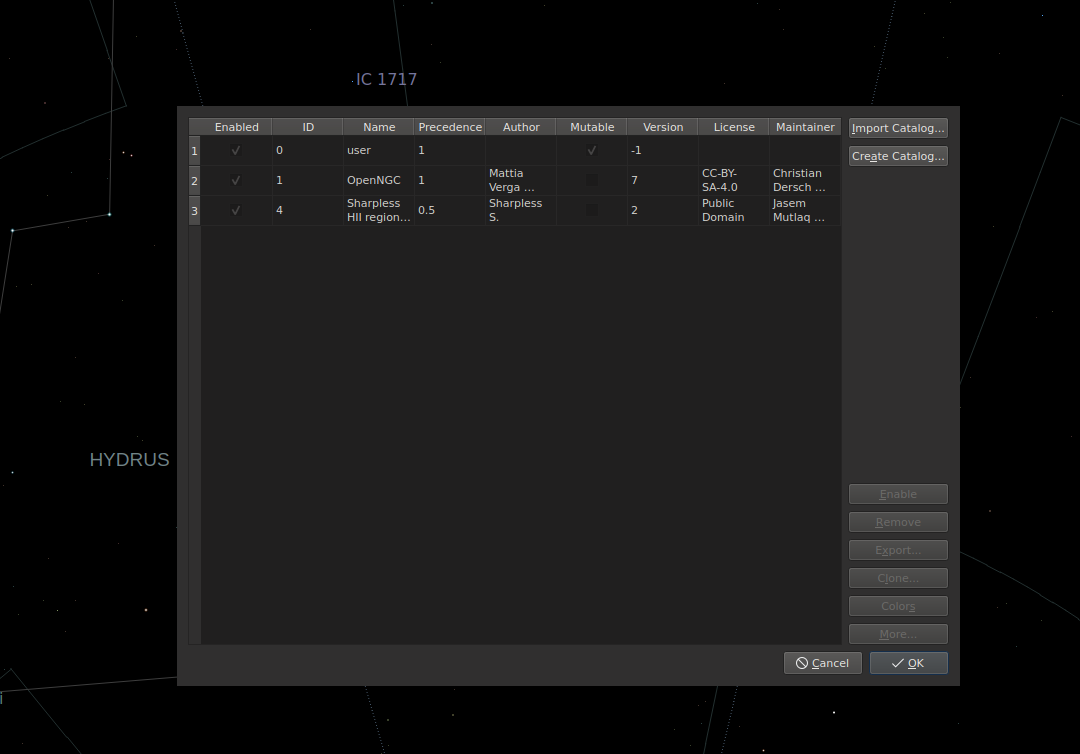
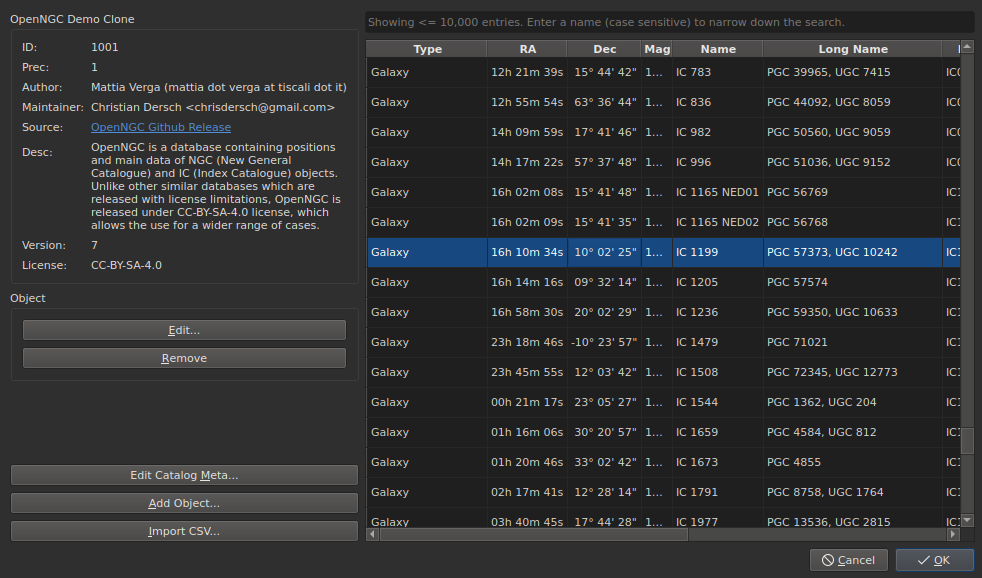
There is also a basic CSV importer that should make it easier for users to get their own custom data into KStars.
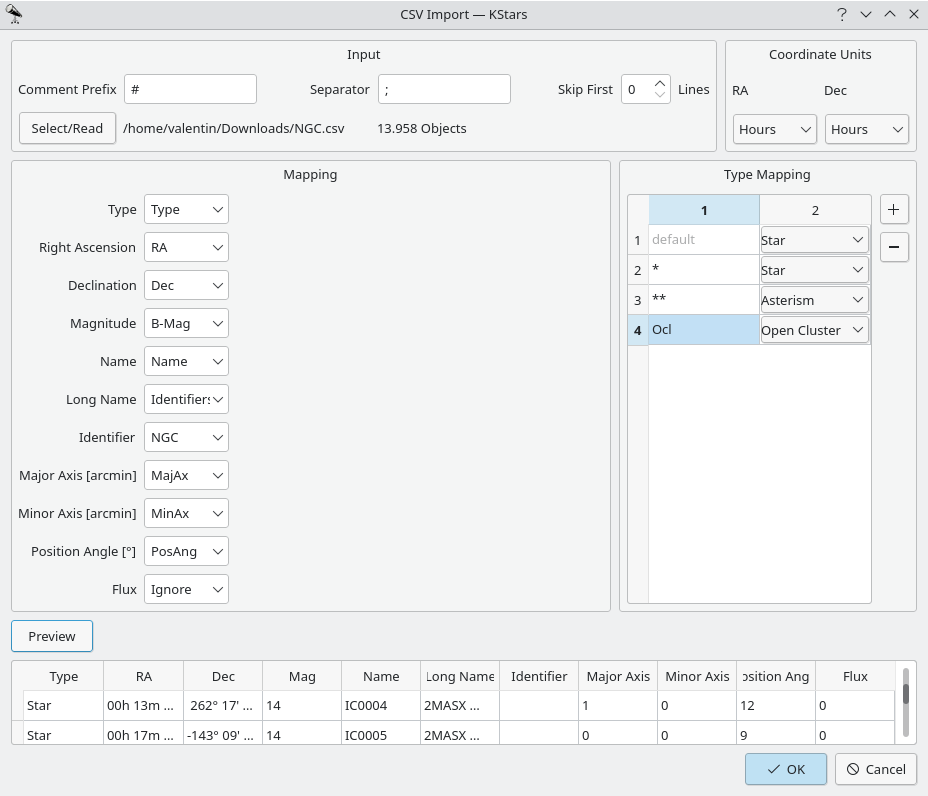
Figure 1: The CSV importer. It sure needs some prettying up :P.
Nevertheless, the main goal of my work was to create a seamless replacement for the old DSO system of which the user should not be too aware. To that end, I’ve implemented a feature that should have been in my overhaul from the beginning: a mechanism to import custom objects from the old DSO database. Now, on startup the user is being asked whether the old database should be imported if it is present.
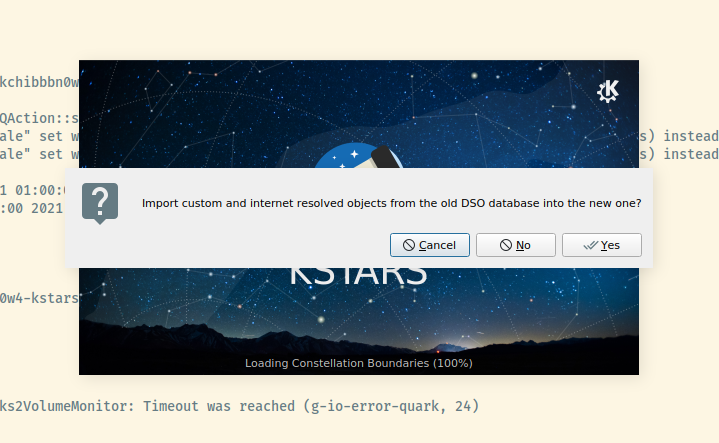
And finally: Colors!
The DSOs always had a distinct color depending on the catalog they’re from. Right from the outset one complaint from early testers were the garish colors that I chose for the catalogs. I “fixed” this problem by simply choosing more subdued colors. But colors are a matter of personal taste. Also, a single color can’t fit all of KStars’ color schemes. Therefore colors can now be customized for each catalog and color scheme through a “pretty” dialog.
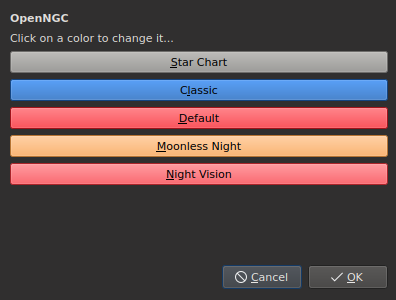
Figure 2: The “pretty” color picker.
Now you can do things like this:
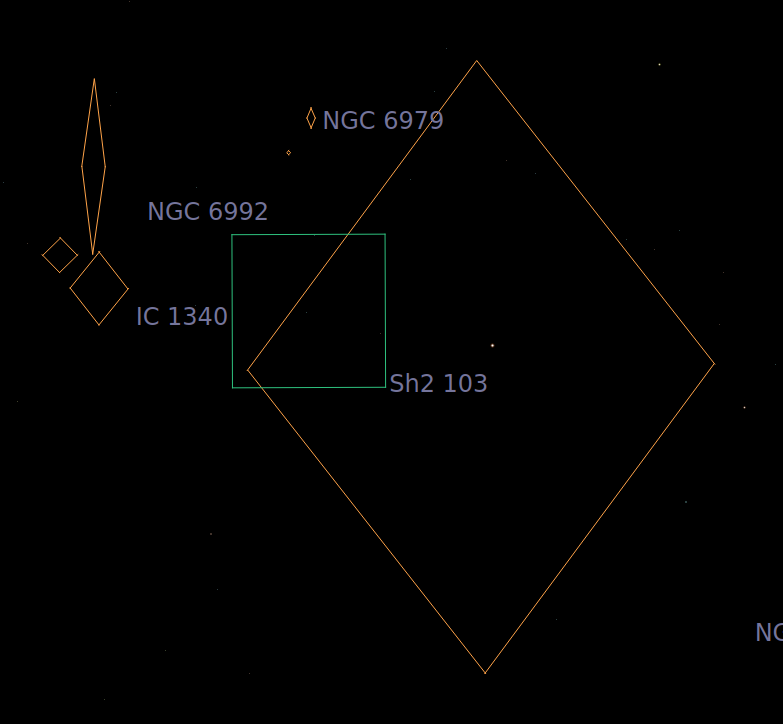
Figure 3: Color Scheme: Moonless Night
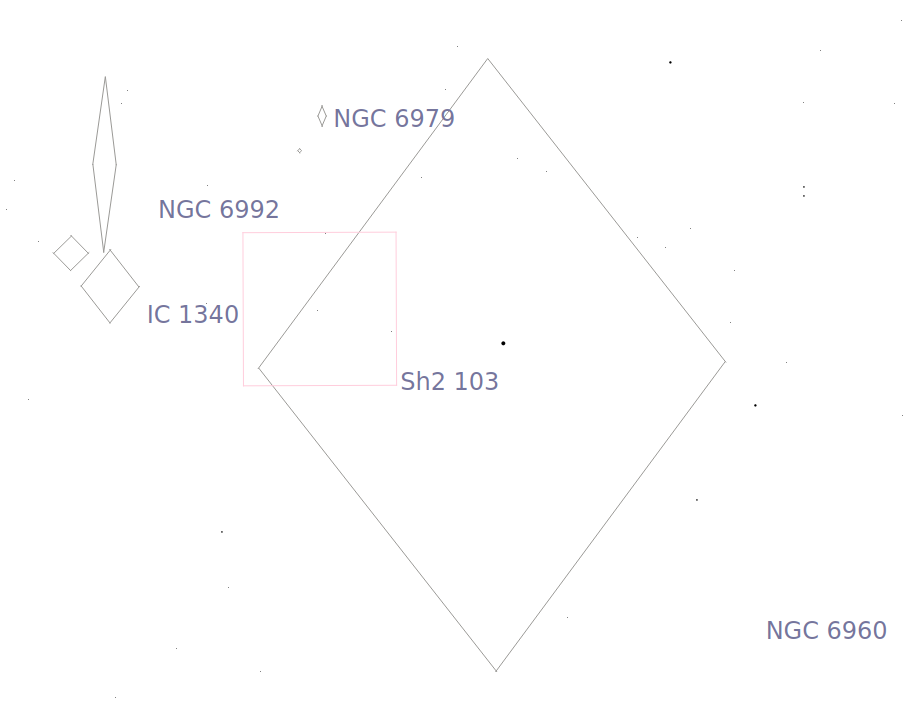
Figure 4: Color Scheme: Starchart
And again I’ve learned that user feedback is very important. I would never have thought of this feature on my own but must admit that it enhances the usability of KStars greatly.
With that oddly specific foray into the world of colors I now conclude this blog post and thank you for your attention.
Cheers, Valentin